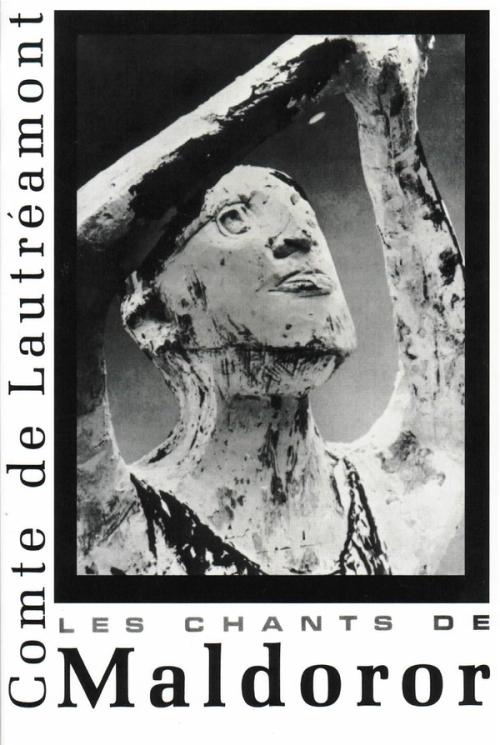Maldoror
Fiction by Comte de Lautréamont
With a contribution by James Laughlin
The macabre but beautiful work, Les Chants de Maldoror, has achieved a considerable reputation as one of the earliest and most extraordinary examples of Surrealist writing. It is a long narrative prose poem which celebrates the principle of Evil in an elaborate style and with a passion akin to religious fanaticism. The French poet-critic Georges Hugnet has written of Lautréamont: “He terrifies, stupefies, strikes dumb. He could look squarely at that which others had merely given a passing glance.”
Little is known of the author of Maldoror, Isidore Ducasse, self-styled Comte de Lautréamont, except that he was born in Montevideo, Uruguay in 1846 and died in Paris at the age of twenty-four. When first published in 1868-9, Maldoror went almost unnoticed. But in the nineties the book was rediscovered and hailed as a work of genius by such eminent writers as Huysmans, Léon Bloy, Maeterlinck, and Rémy de Gourmont. Later still, Lautréamont was to be canonized as one of their principal “ancestors” by the Paris Surrealists.
This edition, translated by Guy Wernham, includes also a long introduction to a never-written, or now lost, volume of poetry. Thus, except for a few letters, it gives all the surviving literary work of Lautréamont.
Paperback(published Jan, 17 1965)
- ISBN
- 9780811200820
- Price US
- 18.95

